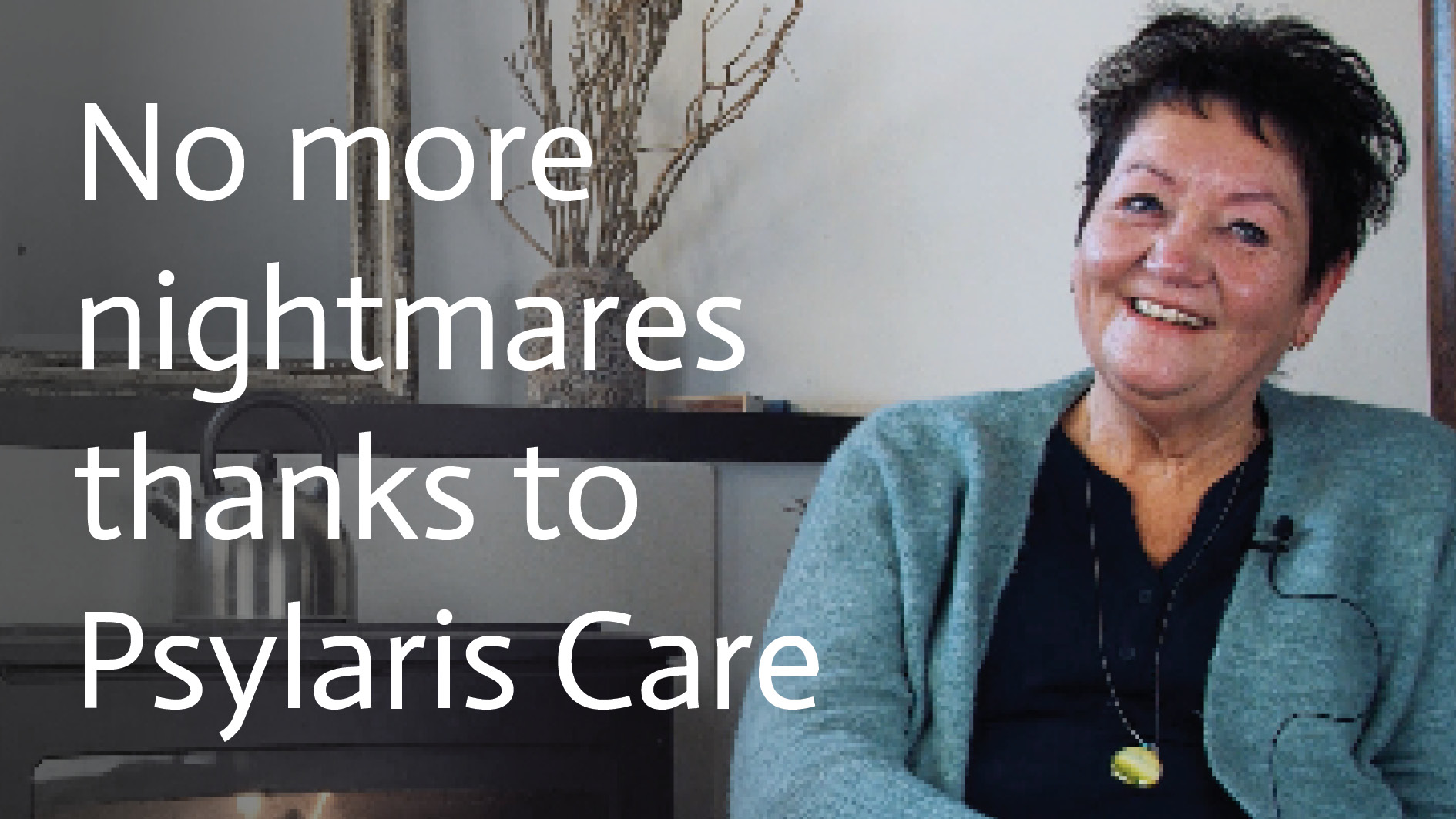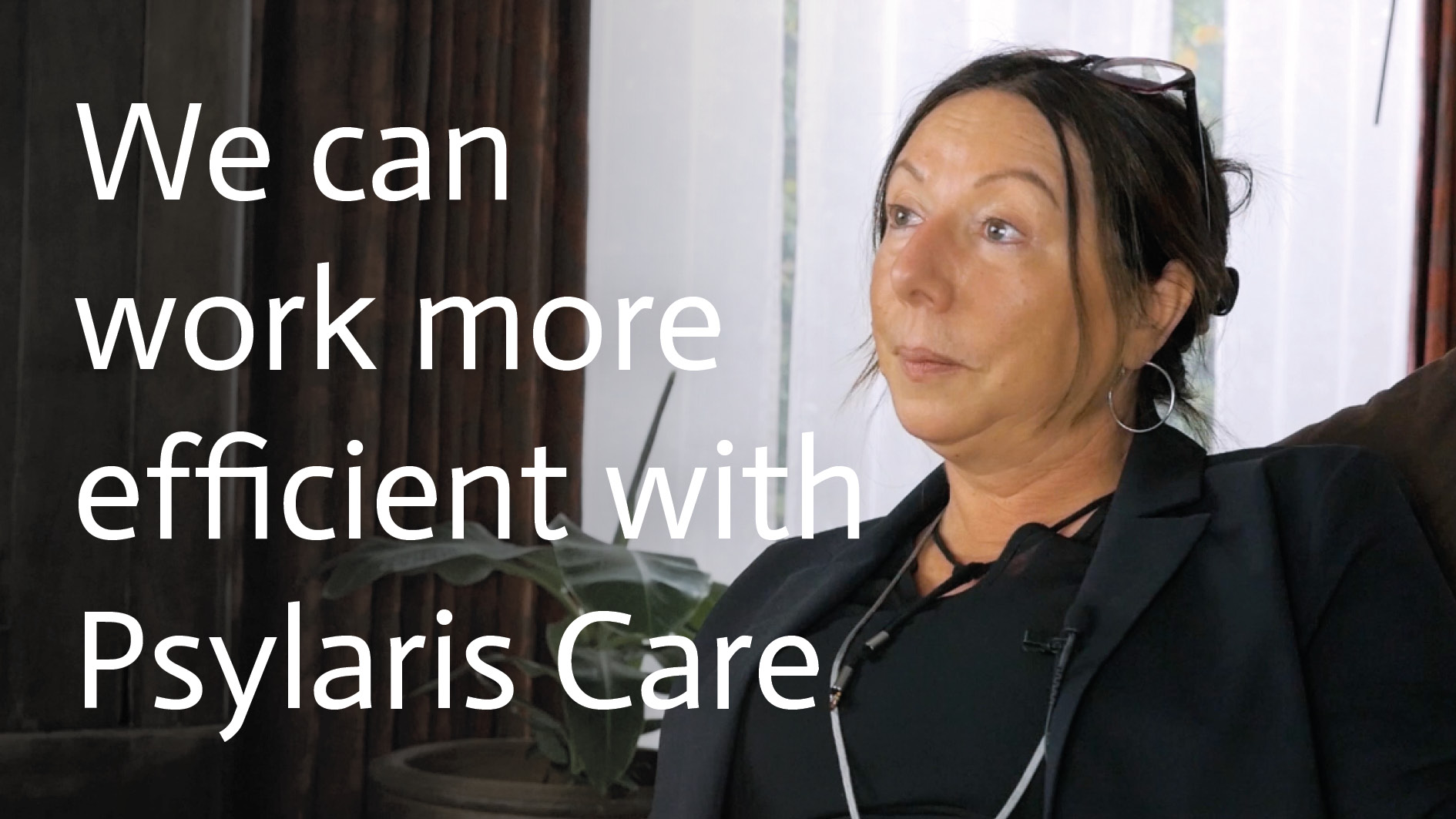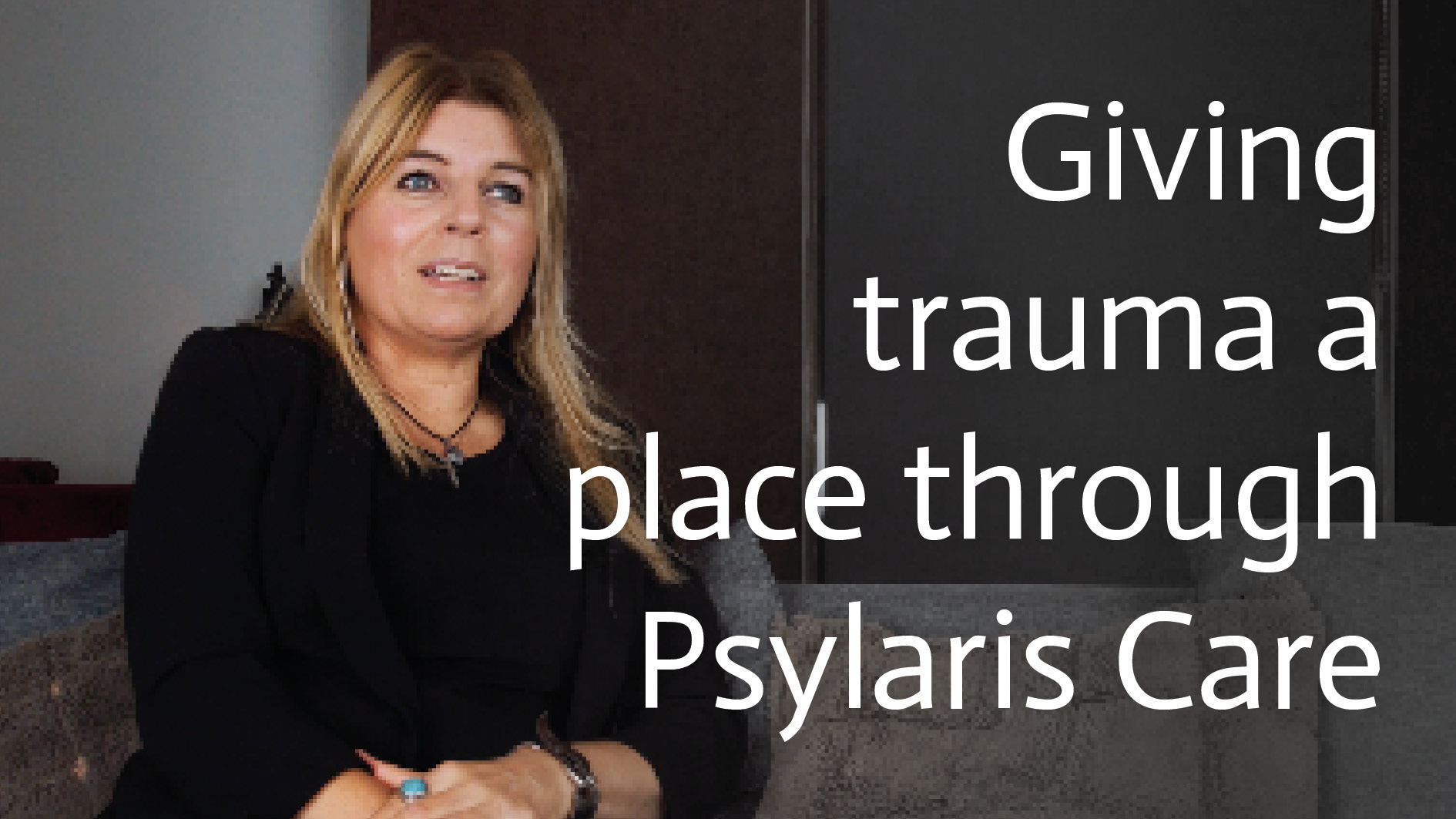One of the most common reasons for psychological complaints is that you have not processed a violent event. We then speak of an unprocessed trauma. When you do not process a trauma or process it insufficiently, it can have major consequences. In the worst case you can get a post-traumatic stress disorder (PTSD). You are then basically sidelined and no longer participate in society. But even if you have not suffered from PTSD, the consequences are often very annoying. A good therapy for processing trauma is EMDR.
What is EMDR therapy?
EMDR is the abbreviation for Eye Movement Desensitisation and Reprocessing. It is a form of therapy that is still quite young, but with which great successes have already been achieved. Science agrees that EMDR works, but what process takes place in the brain is still the subject of scientific research. With EMDR, as with various other types of therapy, you have to relive the unprocessed trauma. EMDR is also characterised by distraction from the trauma. By repeatedly distracting from the trauma and in several sessions, the memory is given a place again, but no longer as a trauma.
How does EMDR work in practice?
The thing that clients will dread most about an EMDR session is reliving the trauma. You have to relive the memory and your thoughts and feelings at that moment. This is hard and exhausting, but the practitioner takes this into account and will include moments of rest during the session. When you are in the reliving phase, you are distracted from one moment to the next. Usually, the therapist will give you a hand signal, which you have to follow with your eyes. A sound signal is also possible, and with modern digital techniques the therapist can provide an even more intense distraction. The therapist then asks questions and asks you to bring up the trauma again, after which you are distracted again. The repetitive distraction makes you notice that you can recall the memory more easily and with less emotion.
How do you prepare for an EMDR session?
If you have never followed an EMDR session before, preparing for one is very difficult. After all, you do not know what to expect. In any case, make sure you inform yourself about how EMDR works and ask your practitioner for an explanation beforehand. It can also be pleasant if you already know in what way you will be distracted, for example by a hand gesture or an acoustic signal. Even if you have already had several sessions, a good preparation remains difficult. The fact remains that you have to relive a trauma again. This is obviously not a pleasant prospect, but after several sessions you will notice that you are less afraid of it.
What do you need to consider during the session?
During the session, you do not have to do much yourself. You need to focus mainly on recalling the traumatic experience. How you react to this is not important, everything is allowed. You also need to know that you are not alone and that you are in safe hands with your therapist. Whether you react violently or not at all, every emotion is good and can be in the interest of your trauma treatment.
What should I do after the session?
Every person is different, so everyone can have different feelings and emotions at the end of a session. What is certain is that an EMDR session is usually experienced as tiring. This is because you usually relive a trauma intensely. In addition to fatigue, there may also be some tension in your body. These feelings can last a whole day or sometimes even several days. The most important thing is not to be busy the day after the session. Plan a session after working hours, so you don't have to go to work after the session. It is best to spend the day quietly. This does not mean that you cannot be active. On the contrary, a good walk, shopping or sports can help you to relax. Because you have a lot to process during a session, it can also help to write down your thoughts. So just do what you feel like and what makes you feel good. This is the best way to process the experiences of the EMDR session.








